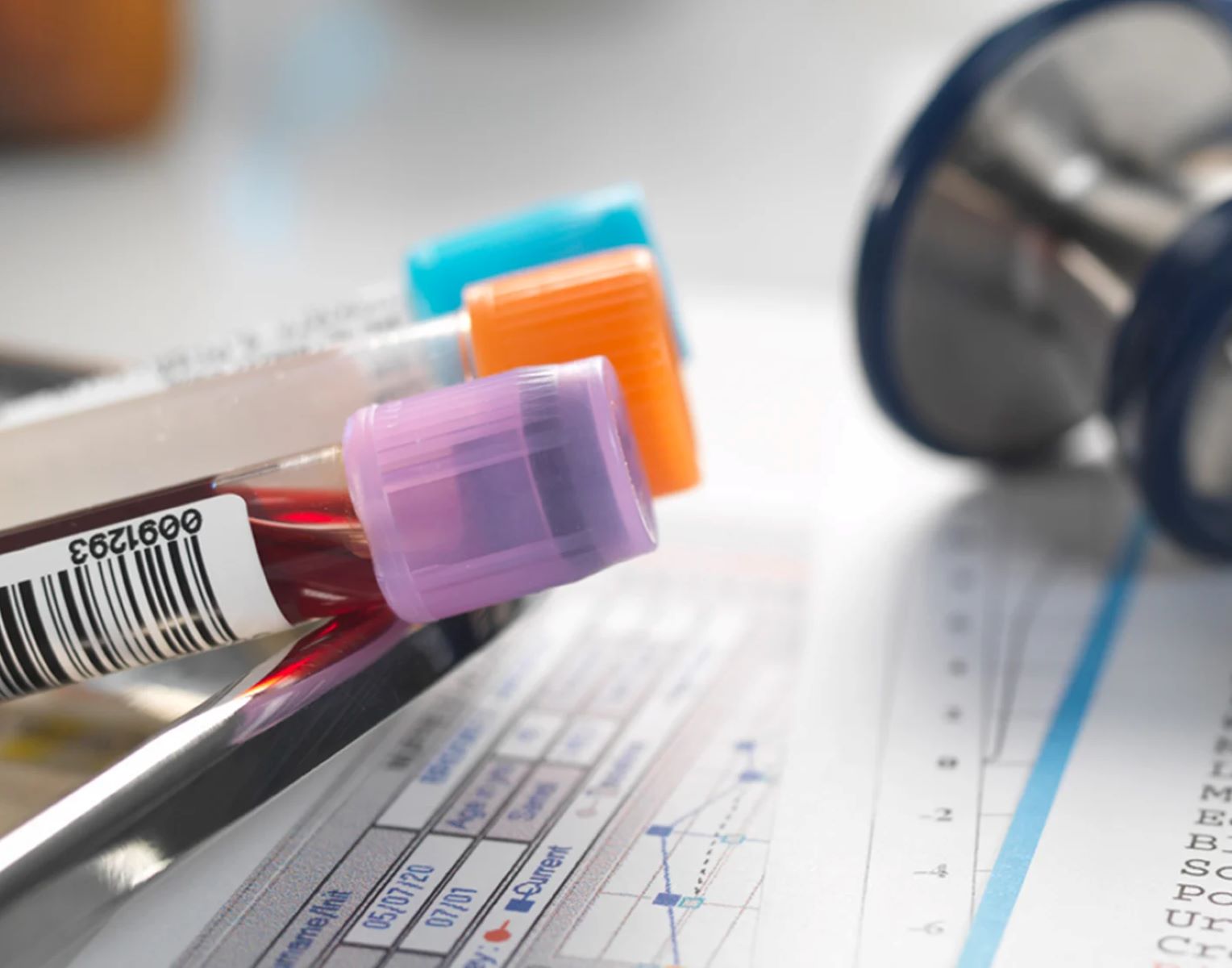
Lactate Dehydrogenase Deficiency Type B is a rare metabolic disorder that affects the body's ability to break down sugar for energy. This condition is caused by mutations in the LDHB gene, which leads to a lack of the enzyme lactate dehydrogenase B. Without this enzyme, the body can't efficiently convert lactate to pyruvate, causing a buildup of lactate in the muscles and blood. Symptoms often include muscle pain, cramps, and fatigue, especially during intense physical activity. Understanding Lactate Dehydrogenase Deficiency Type B is crucial for managing symptoms and improving quality of life. This article will provide 25 essential facts to help you grasp the basics of this condition.
Key Takeaways:
- Lactate Dehydrogenase Deficiency Type B is a rare genetic disorder affecting energy production, leading to muscle pain, fatigue, and exercise intolerance. Management involves dietary adjustments, exercise modification, and potential gene therapy.
- Living with Lactate Dehydrogenase Deficiency Type B can pose challenges in daily life, but support groups, educational resources, and healthcare providers play a crucial role in managing the condition and improving quality of life.
What is Lactate Dehydrogenase Deficiency Type B?
Lactate Dehydrogenase Deficiency Type B is a rare genetic disorder affecting the body's ability to break down sugar for energy. This condition can lead to various health issues, especially during physical activity.
-
Genetic Basis: This deficiency is inherited in an autosomal recessive manner, meaning both parents must carry the gene for a child to be affected.
-
Enzyme Role: Lactate dehydrogenase (LDH) is crucial for converting lactate to pyruvate in cells, a key step in energy production.
-
Types of LDH: There are five types of LDH, each found in different tissues. Type B specifically affects the liver, kidneys, and muscles.
Symptoms of Lactate Dehydrogenase Deficiency Type B
Symptoms can vary widely among individuals, but they often become apparent during physical exertion or stress.
-
Muscle Pain: Individuals may experience muscle pain or cramps during exercise due to the buildup of lactate.
-
Fatigue: Chronic fatigue is common as the body struggles to produce enough energy.
-
Exercise Intolerance: People with this condition often find it difficult to sustain physical activity.
Diagnosis and Testing
Diagnosing Lactate Dehydrogenase Deficiency Type B involves several tests and evaluations.
-
Blood Tests: Blood tests can measure LDH levels, which are typically lower in affected individuals.
-
Genetic Testing: Genetic testing can confirm the presence of mutations in the LDHA gene responsible for this condition.
-
Muscle Biopsy: A muscle biopsy may be performed to assess the enzyme activity directly in muscle tissue.
Treatment and Management
While there is no cure, various strategies can help manage symptoms and improve quality of life.
-
Dietary Adjustments: A diet low in carbohydrates can reduce lactate production and alleviate symptoms.
-
Exercise Modification: Tailoring exercise routines to avoid intense physical activity can help manage symptoms.
-
Medications: Some medications may help manage pain and other symptoms, though their effectiveness can vary.
Impact on Daily Life
Living with Lactate Dehydrogenase Deficiency Type B can pose challenges, but understanding and adapting can make a significant difference.
-
School and Work: Individuals may need accommodations to manage fatigue and exercise intolerance.
-
Social Activities: Participating in social activities may require careful planning to avoid overexertion.
-
Mental Health: Chronic conditions can impact mental health, making support and counseling important.
Research and Future Directions
Ongoing research aims to better understand and treat Lactate Dehydrogenase Deficiency Type B.
-
Gene Therapy: Scientists are exploring gene therapy as a potential treatment to correct the underlying genetic defect.
-
New Medications: Research is ongoing to develop new medications that can more effectively manage symptoms.
-
Clinical Trials: Participation in clinical trials can provide access to new treatments and contribute to scientific knowledge.
Support and Resources
Support networks and resources can provide valuable assistance to those affected by this condition.
-
Support Groups: Joining support groups can offer emotional support and practical advice from others with similar experiences.
-
Educational Resources: Access to educational materials can help individuals and families understand and manage the condition.
-
Healthcare Providers: Regular consultations with healthcare providers specializing in metabolic disorders are crucial for ongoing management.
Interesting Facts
Here are some lesser-known facts about Lactate Dehydrogenase Deficiency Type B.
-
Rarity: This condition is extremely rare, with only a few documented cases worldwide.
-
Discovery: The deficiency was first identified in the 1960s, expanding our understanding of metabolic disorders.
-
Animal Models: Research often uses animal models to study the condition and test potential treatments.
-
Awareness: Increased awareness and research funding are essential for improving diagnosis and treatment options.
The Final Word on Lactate Dehydrogenase Deficiency Type B
Lactate Dehydrogenase Deficiency Type B, though rare, has significant implications for those affected. Understanding LDH deficiency helps in recognizing symptoms like muscle pain, cramps, and fatigue during intense exercise. Knowing the genetic basis can aid in early diagnosis and management. While there's no cure, lifestyle adjustments and avoiding strenuous activities can improve quality of life.
Staying informed about LDH deficiency ensures better health outcomes. If you suspect you or a loved one might have this condition, consult a healthcare professional for proper testing and advice. Awareness and education are key in managing this rare metabolic disorder.
By spreading knowledge about Lactate Dehydrogenase Deficiency Type B, we can support those affected and contribute to ongoing research efforts. Stay curious, stay informed, and take proactive steps for better health.
Frequently Asked Questions
Was this page helpful?
Our commitment to delivering trustworthy and engaging content is at the heart of what we do. Each fact on our site is contributed by real users like you, bringing a wealth of diverse insights and information. To ensure the highest standards of accuracy and reliability, our dedicated editors meticulously review each submission. This process guarantees that the facts we share are not only fascinating but also credible. Trust in our commitment to quality and authenticity as you explore and learn with us.
